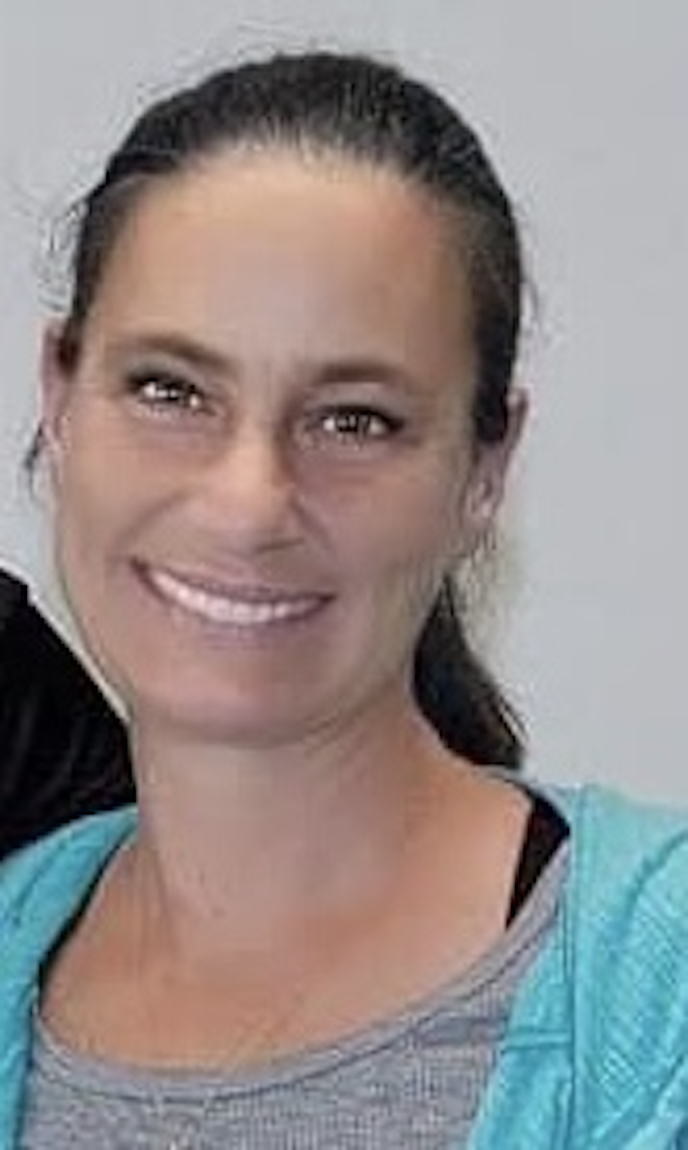
Nurse Works at Crossroads of Recovery and Grief
By Luke Schmaltz, VOICES Editor
“At some point, you just gotta forgive the past, your happiness hinges on it.” – Aaron Lauritsen
For someone struggling with substance use disorder (SUD), there are daily choices to make, and the path to recovery is always among them.
When an individual enters treatment, usually the first person they discuss their circumstances with is their counselor. In some cases, this individual has themselves been through treatment and achieved prolonged sobriety.
As a staff nurse at Recovery Centers of America at Danvers , Lisa Fournier can closely identify with this scenario – as she is 11 years into her recovery. Her familiarity with SUD was magnified when she lost her sister to a fentanyl overdose in 2017. Additionally, her son passed away in 2015 from SUD complications, and a year before that her mother died of cancer.
Healing Through Helping
Grief and recovery often intersect, and Fournier is a guidepost at these crossroads – helping others rehabilitate while privately reflecting on her own painful experiences. “The way that I cope with it most, and I know it’s going to sound crazy,” she begins, “Is being able to help others. People come in lost, then after they detox, they go to a clinical stabilization unit, and you get to see the spark come back in their eye. For me, that helps. In my own way I feel like I am dealing with it in a positive way. I don’t want to just sit there and talk about all of the sadness, I want to see people through their process,” she says.
Fournier continues, “It’s not always easy. You end up reliving all of those feelings, and it’s not like they ever go away, but you have to deal with them. Sometimes we have people that overdose, and I deal with it because I am a nurse, but then on my way home it starts hitting me. I’ll start thinking about my son from the beginning of his struggle to the end,” she explains.
When it comes to taking care of herself on days off, Fournier goes with loved ones and self-care but admits that the true therapy is in her profession. “I like to spend time with my kids and my grandkids, or just doing simple things like getting your nails done and going to meetings. Sometimes people will have functions that support the recovery communities and things like that. But honestly, I throw myself into my work. I feel like I get the most out of the work because [I] deal with parents that are worried that they are going to lose their children, I help people who don’t know what to do, others relapse and come back…things like that.”
Power in Numbers
Concerning her own recovery, Fournier acknowledges that every person has their own unique way of handling circumstances. “I go to AA meetings. It helps me with my daily living – listening to other people speak about their problems. A lot of times thoughts will go through my head, and I’ll think ‘what’s wrong with me?’ But then I’ll hear someone else talk about it and I’ll think, ‘oh, OK, it’s not just me’ and I get to see it from another perspective. There are a lot of people in recovery who have lost children and loved ones and it works better for me,” she says.
Fournier continues, “Before my son passed away, I was in a group called 373 out of Quincy, Massachusetts, and when he died they just surrounded me. People just reached out to me constantly which was good, because I am not the type to ask for help. They were making sure I was coming to the meetings, bringing food to the house, things like that.”
One Step at a Time
In dealing with the grief of her son’s passing, Fournier shares a few additional insights on what works for her. “I like to look at all of his pictures, I like to hear stories about him, I post a lot on Facebook about him, I go to a medium – regardless if it’s generic or not – it still makes me feel closer to him…things like that help me,” she explains. “One of my favorite memories of him was when he was going to Head Start at about three or four years old, and he was just always so happy, we were very close, and it stayed that way. I also have two daughters and still to this day they say ‘No, you don’t have a favorite child. He’s not even here and he’s still your favorite,’” she muses. “It’s a mother/son thing. I can’t explain it.”
Meanwhile, when working with patients in recovery who are also grieving the recent loss of a loved one, Fournier describes a delicate circumstance that must be handled with expertise. “I try to be honest because we know when someone is not being honest, you can pick that up right away. I am very compassionate but at the same time I let them know ‘you’re going to get through it, but you need to make sure you take care of yourself,’” she says. “I always tell them that it is never going to go away but it does get easier, and you learn to live with it as time goes on.”
Through her work and her life experiences, Fournier has learned to spot grief on the horizon and also how to respond when it pops up arbitrarily. “I can remember, at one point, being zoned out and not even knowing what people around me were talking about. But now, it has shown me on not-so-good days, when I can feel the depression coming on, that I got through the worst possible thing that could ever happen to me and I can get through anything,” she says.
